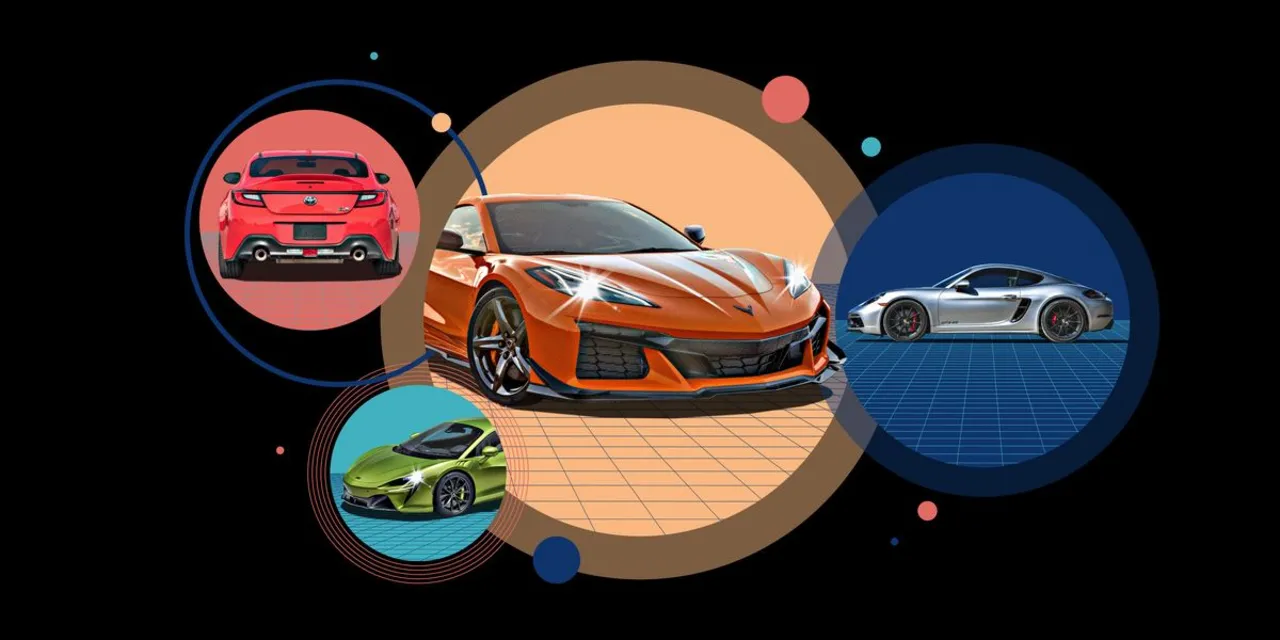
Why do we say 'sportS car' and not 'sport car'?
Exploring the Grammatical Rules Behind “SportS Car”
When you hear the phrase “sports car”, you might envision a sleek, stylish vehicle that’s designed for speed and agility. But why do we say “sports car” and not “sport car”? It turns out that there are some interesting grammatical rules that explain this.
What is the Difference Between a Sport and a SportS?
The main difference between a sport and a sports is that the latter is an aggregate or collective term used to refer to two or more distinct activities or endeavors. For example, we use the term “sports” to refer to activities such as basketball, football, and soccer.
On the other hand, a “sport” is a single activity or endeavor, such as tennis or golf. When referring to a single activity, we would use the singular form of the word, such as “sport.”
The Pluralization of SportS Car
In the case of “sports car”, the word is pluralized because it is referring to more than one activity or endeavor. A sports car is designed to be used for more than one purpose—such as racing, driving on winding roads, or simply cruising around town. As such, it is considered to be a “sports car” and not a “sport car.”
The History of Sports Cars
The term “sports car” first appeared in the early 20th century, when automobiles were becoming increasingly popular. At the time, car manufacturers wanted to differentiate their vehicles from regular cars by emphasizing the performance and agility of their products. As such, they began to refer to them as “sports cars” instead of just “cars.”
Since then, the term “sports car” has become widely accepted, and it is now used to refer to any vehicle that is designed for speed and agility. Whether it’s a classic muscle car or a modern supercar, it is considered to be a “sports car”.
The Future of Sports Cars
As technology advances, so too do the capabilities of sports cars. Automakers are constantly striving to push the boundaries of what is possible with their vehicles. In the future, we can expect to see sports cars that are faster, more powerful, and more efficient than ever before.
At the same time, the use of alternative fuels and electric propulsion systems is becoming increasingly common in sports cars. This trend is likely to continue as automakers strive to create vehicles that are both powerful and sustainable.
A Look at the History of the Term “SportS Car”
The term “sports car” is one of the most commonly used automotive terms. But why do we say “sports car” and not “sport car”? It turns out, there is a fascinating history behind the term.
The earliest known use of the term “sports car” was in 1908, when it was used to refer to a two-seater vehicle with an emphasis on speed and performance. This type of car was seen as a luxury item, often owned by wealthy aristocrats who wanted to show off their status.
The 1920s saw the first “true” sports cars, with the introduction of the Bugatti Type 35 and the Mercedes-Benz SSK. These cars had powerful engines, light bodies, and fast acceleration, making them perfect for racing.
By the 1930s, the term “sports car” had evolved to encompass a wide variety of cars. It was used to describe cars that were designed for fast and agile road driving, as well as cars designed for racing. The term was also used to describe cars that had been modified to be faster and more powerful.
The term “sports car” was used more and more throughout the 1950s and 1960s, as the popularity of cars designed for high performance and racing continued to grow. In the 1970s and 1980s, the term was used to describe a wide range of cars, from small, affordable sports cars like the Mazda RX-7 to exotic luxury cars like the Ferrari Testarossa.
Today, the term “sports car” is still used to describe a wide variety of cars, from small, lightweight roadsters to powerful, luxurious supercars. While the term has evolved over the years, the emphasis on speed and performance has remained a constant.
So, why do we say “sports car” and not “sport car”? The answer lies in the decades-long history of the term, which has changed and evolved over time to encompass a wide variety of cars designed for speed and performance.
Write a comment